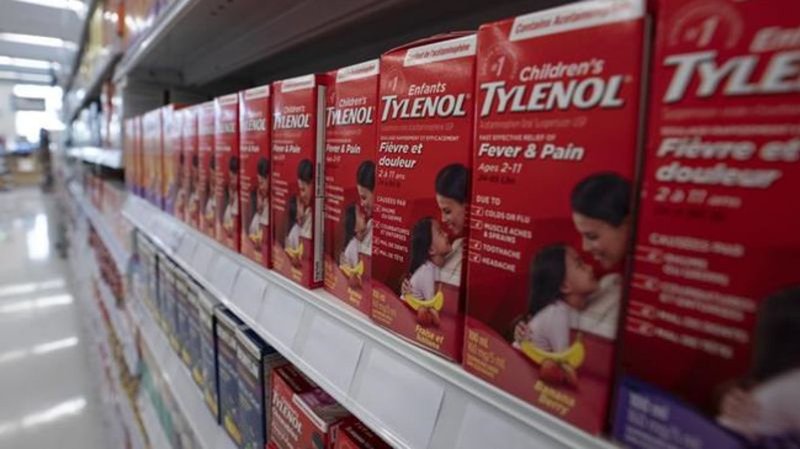
Should Canada should produce more medicine amid ongoing shortages? Trudeau isn’t sure
OTTAWA — As Canada faces an ongoing shortage of children’s medications, Prime Minister Justin Trudeau says he doesn’t know if ramping up domestic production of pharmaceuticals is the right approach to addressing the problem.
“I don’t know offhand if it is the right thing for Canada to be starting producing these particular pills or whether it’s just a question of getting more reliable supply chains and agreements out there,” Trudeau said in an interview with The Canadian Press.
Canada has been experiencing a nationwide shortage of children’s pain medications for months, leaving parents scrambling to manage their children’s fever and pain as rates of respiratory syncytial virus and influenza skyrocket.
The drug shortage has led to some calls for Canada to invest more in its pharmaceutical production capacities for essential medications.
